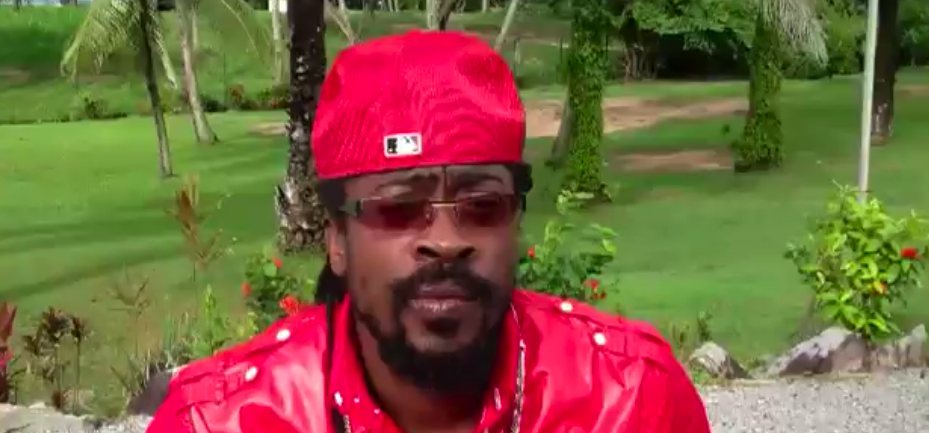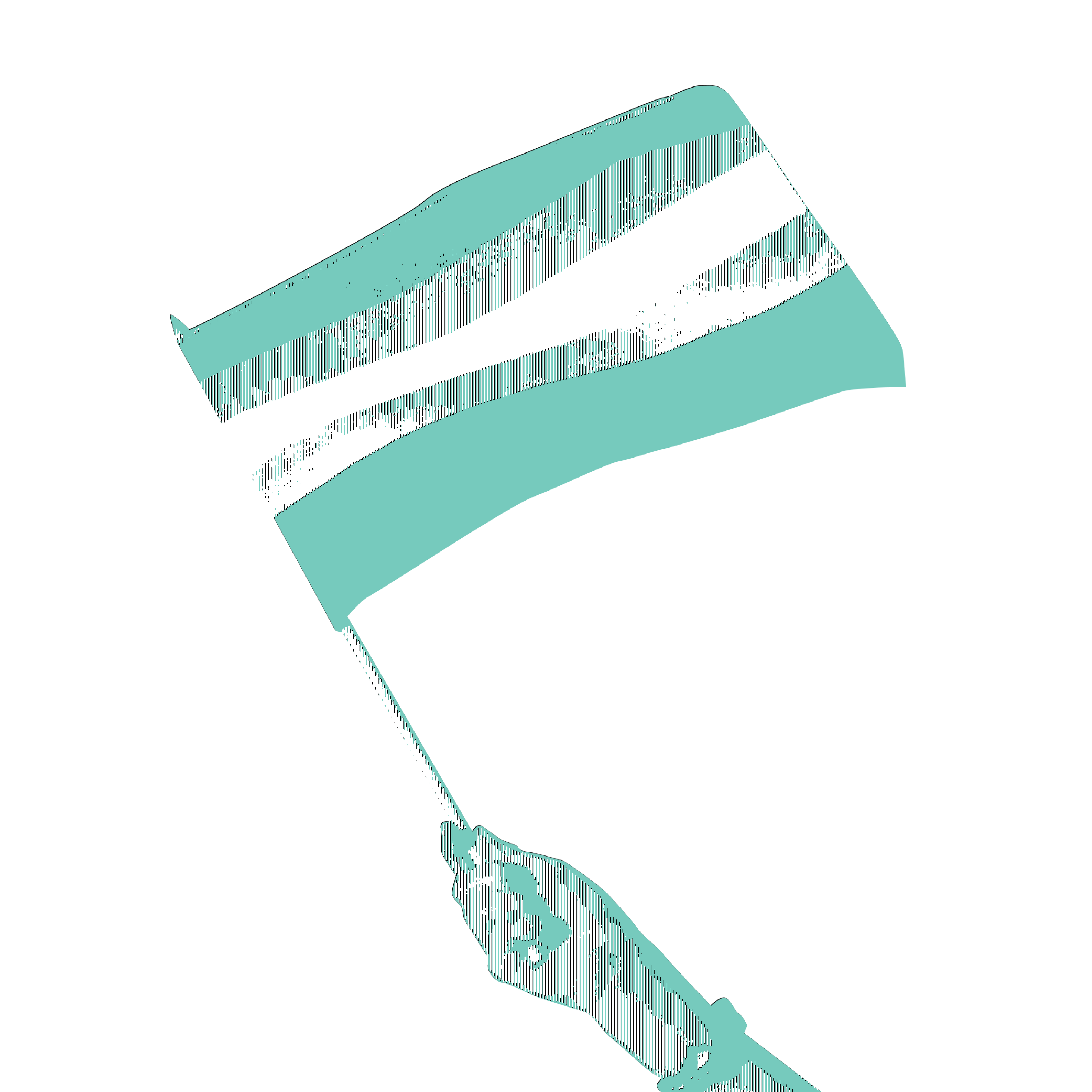
Those who wonder if boycotts have the ability to change minds, if not hearts, need look no further than Beenie Man's recent apology to the gay community.
"I have nothing against no one," Beenie Man said in a video released on May 14, 2012. "I respect each and every human being, regardless of which race or creed, regardless of which religious belief you believe in, and regardless of which sexual preference you are, including gay and lesbian people."
"Do not fight against me for a song that I sang 20 years ago," he said. "I was a kid. Now I know that people live in the world that live their life differently than the way I live my life."
Beenie Man, whose real name is Moses David, is a Grammy-winning Jamaican reggae singer. Like many of Jamaica's popular dancehall musicians, his songs have resounded with homophobic lyrics that urge his listeners to shoot, hang and kill homosexuals.
In the song "Damn," released in 2000, he sang about a future Jamaica in which "me come to execute all of the gays."
In another one of his songs, "Weh Yuh No Fi Do," released in 2004, he sang "All gays must be killed."
Over the last decade, Beenie Man has been dogged by pro-gay activists and banned from performance venues around the world. He was kept from performing at the MTV Video Music Awards in 2004, and his concerts were cancelled in the UK in 2006.
His songs, along with music by other popular Jamaican performers including Elephant Man, Bounty Killer and Buju Banton, became the focus of the "Stop Murder Music" campaign – triggering boycotts of these singers around the world. This campaign eventually led to the creation of the Reggae Compassionate Act, which required singers to stop performing their anti-gay material. Beenie Man was reported to have signed the declaration in 2007, but he later denied it.
More recently, performances by Beenie Man have been cancelled in New Zealand, Belgium and Holland.
Pepsico, the soft drink giant, publicly condemned the singer after a concert in Uganda in 2009.
"Regarding Beenie Man's performance in Uganda, we just wanted you to know that we are appalled by his lyrics and find them repugnant," wrote Dave DeCecco of PepsiCo's Media Bureau. "We are not associated with him in any way. Our bottling partner in Uganda was not aware of his views and never would have sponsored the concert with this knowledge."
This pressure appears to have had an impact on Beenie Man's worldview.
Beenie Man talked about his recent change of heart to reporter Winford Williams of OnStage. He said that the world is changing, and he has grown tired of pressure from gays who control the venues and clubs around the world where he wants to perform.
"When I did this thing it wasn't a Jamaican thing," he explained. "If I want to play the park in New York, the man who you talk to is married to another man. You understand? The man you have to go to and talk if you want to play the park, he is married to a man. And when you talk to him and he says, 'Beenie Man, but you said to execute gays.' This is what I get all over the world. If we want to do that we have to accept people like how we want them to accept us."
When Williams asked Beenie Man how he responds to those who said he "bowed" to the pressure, he replied, simply. "You need to try it sometimes."
- Document







